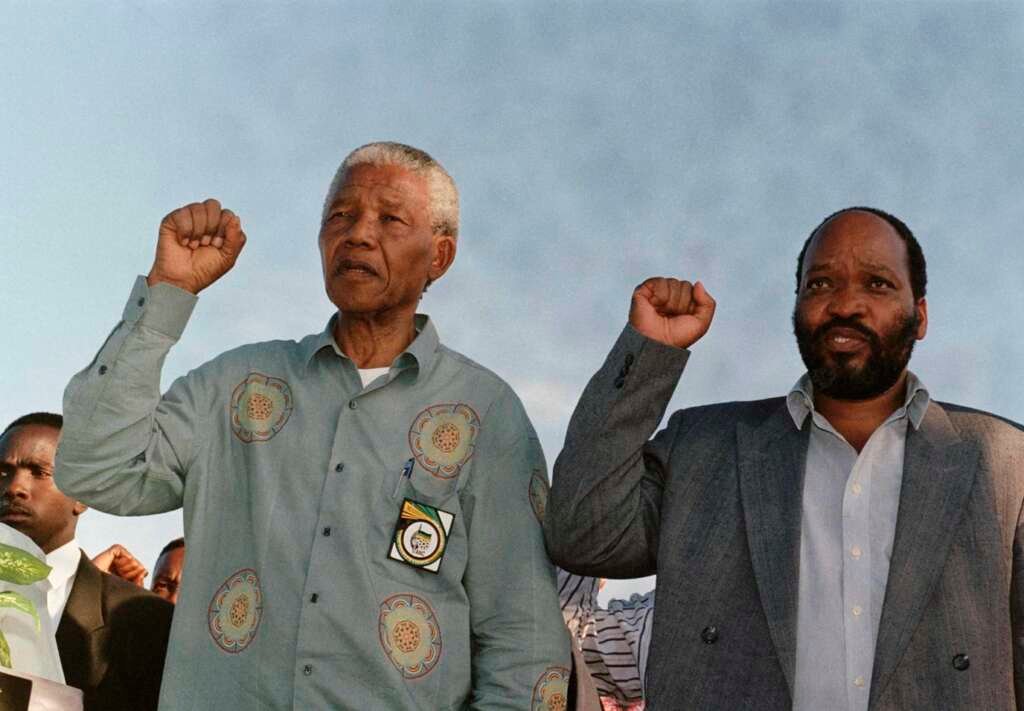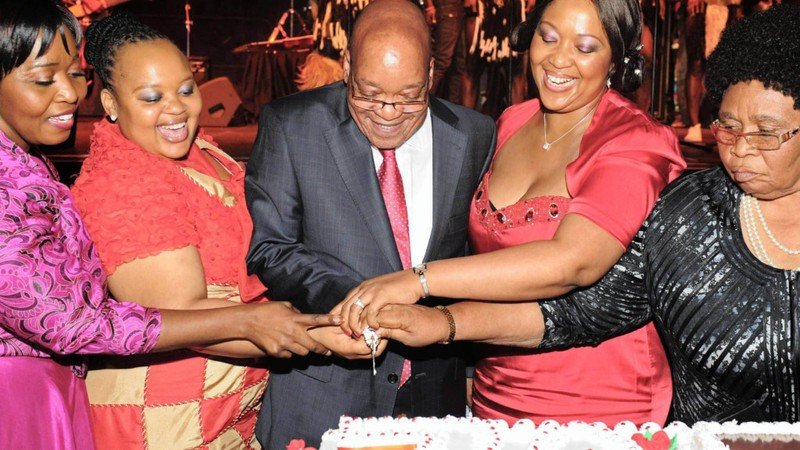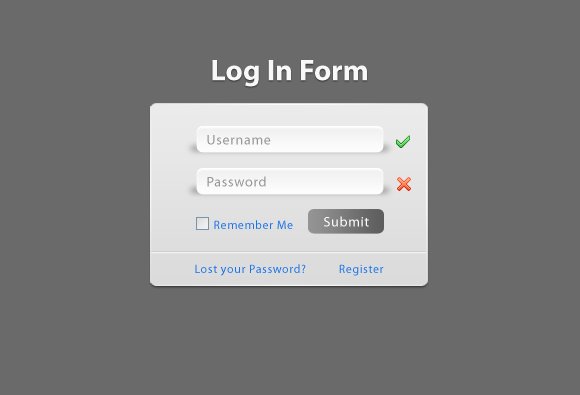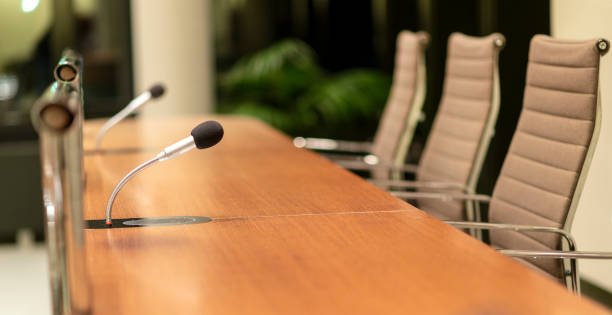Jacob Zuma, a central figure in South Africa’s political landscape, has had a life and career filled with contrasts and controversies. Born into poverty and receiving little formal education, Zuma’s rise to the presidency of South Africa is a testament to his resilience, political savvy, and the complexities of the nation he led. However, his tenure in office and subsequent legal troubles have left a legacy that is as debated as it is divisive. From spending a decade in Robben Island prison with Nelson Mandela to facing over 700 charges of corruption, Zuma’s life is a series of dramatic ups and downs that embody many of the challenges and contradictions of post-apartheid South Africa.
Key Highlights
- Political Beginnings: Zuma’s early involvement with the African National Congress (ANC) and his time on Robben Island as a political prisoner.
- Presidential Tenure: His ascendancy to the highest office in South Africa in 2009 and the economic growth and challenges that marked his presidency.
- Legal Troubles: A look into the various legal issues Zuma has faced, including his 2021 sentencing for contempt of court and subsequent release on medical parole.
- Public Sentiment: The deeply divided public opinion about Zuma, illustrating the complexities of his legacy.
- Recent Developments: Zuma’s 2023 reincarceration and release under a new remissions program, sparking debate over whether he has been given preferential treatment.
This article explores the life of Jacob Zuma, exploring the multifaceted aspects of his character, career, and the substantial impact he has had on South Africa’s political and social fabric. With a timeline that spans from the final days of apartheid to the present challenges facing South Africa, Zuma’s story is intrinsically linked to the narrative of a nation in transition.
Jacob Zuma’s Educational Qualifications
Jacob Gedleyihlekisa Zuma, born on April 12, 1942, in Nkandla, KwaZulu-Natal, did not have the privilege of a formal education, a reality for many South Africans of his generation due to the social and economic conditions at the time. Zuma left school at a young age, specifically after completing grade 5, to help his mother make ends meet. He worked as a cattle herder and took odd jobs to contribute to the family income.

Despite his lack of formal education, Zuma has shown a knack for political strategy and leadership. Many attribute his sharpness to his years in the anti-apartheid struggle and the mentorship he received from older freedom fighters. He taught himself to read and write Zulu, and eventually learned other languages and became conversant in English.
While Zuma may lack academic qualifications, his supporters argue that his experiential learning, especially from his years in the trenches fighting apartheid, has more than compensated for it. However, his critics argue that his lack of formal education became evident in some policy and governance missteps during his time as president.
What Did Zuma Do for the Country South Africa
Jacob Zuma has been a prominent figure in South African politics for several decades. Before becoming the President of South Africa in 2009, he held various other positions including that of Deputy President. He was highly influential within the African National Congress (ANC), the political party that has been in power since the end of apartheid in 1994.

During his presidency, South Africa saw a growth in social welfare programs aimed at poverty reduction. Zuma’s administration also focused on large infrastructure projects, albeit marred by allegations of corruption. His government initiated the National Development Plan 2030, aimed at eliminating poverty and reducing inequality by 2030.
However, Zuma’s presidency was often overshadowed by controversies ranging from personal scandals to allegations of widespread corruption and state capture. His term in office saw significant civil unrest and dissatisfaction, culminating in declining popularity for the ANC in local elections and growing calls for his resignation.
Important Things Zuma Did to Build Democracy
Zuma’s contributions to the struggle against apartheid cannot be ignored when discussing his role in building South African democracy. He joined the ANC at a young age and was active in the party’s military wing, Umkhonto we Sizwe. He was arrested in 1963 and spent ten years in prison on Robben Island alongside Nelson Mandela and other anti-apartheid leaders.
Upon his release, Zuma continued his political activism, operating in exile. He was instrumental in re-establishing ANC operations in southern Africa, particularly focusing on the mobilization of internal resistance and international support. This groundwork contributed to the eventual dismantling of apartheid and the initiation of democratic rule.
Despite his later controversies, Zuma did facilitate a more inclusive conversation around the issues of race, class, and economic disparities in post-apartheid South Africa. His presidency expanded the space for traditional African culture in the socio-political landscape, even though the way he managed governance and economic matters drew significant criticism.
21 Interesting Facts About Jacob Zuma
- Early Life: Jacob Zuma was born on April 12, 1942, in Nkandla, KwaZulu-Natal, South Africa.
- Lack of Formal Education: Zuma received no formal schooling and taught himself to read and write.
- Political Activism: He became politically active at a young age, joining the African National Congress (ANC) in 1959 when he was just 17.
- Imprisonment: Zuma spent a decade in Robben Island prison along with Nelson Mandela and other anti-apartheid activists.
- Exile: After his release from prison, he lived in exile in several African countries, including Mozambique and Zambia.
- Intelligence Role: During his time in exile, he rose through the ranks to become the head of the ANC’s intelligence department.
- Polygamy: Zuma is a polygamist and has been married six times. He has more than 20 children.
- Zulu Heritage: Zuma is a proud Zulu and often appears in traditional Zulu dress for various events.
- Ascendancy to Presidency: He was elected as the President of South Africa in 2009, succeeding Thabo Mbeki.
- Economic Growth: During his tenure, South Africa experienced modest economic growth but also wrestled with issues like unemployment and corruption.
- BRICS: Zuma was instrumental in South Africa joining BRICS, a coalition of emerging economies that includes Brazil, Russia, India, and China.
- Controversial Upgrades: His presidency was marred by controversies, including significant state-funded upgrades to his private residence in Nkandla.
- Survivor of Scandals: Zuma survived multiple votes of no confidence while in office, indicating his strong political resilience.
- Resignation: He eventually resigned from his post in February 2018, amidst mounting pressure related to corruption allegations.
- Corruption Charges: Zuma has faced over 700 charges of corruption, fraud, and racketeering.
- Legal Woes: His legal troubles have included everything from corruption charges to allegations of rape, although he was acquitted of the latter.
- Contempt of Court: In 2021, Zuma was sentenced to 15 months in prison for contempt of court for failing to appear at a corruption inquiry.
- Medical Parole: He was released on medical parole after serving just two months of his 15-month sentence, sparking widespread debate and unrest.
- Public Unrest: Zuma’s initial imprisonment led to violent riots and over 350 deaths in 2021, the most severe civil unrest since the end of apartheid.
- Remission Program: In 2023, Zuma was briefly reincarcerated before being released as the first beneficiary of a new remissions program aimed at reducing prison overcrowding.
- Public Sentiment: Public opinion on Zuma is deeply divided, with some viewing him as a freedom fighter who contributed to ending apartheid, while others see him as a figure who has contributed to the erosion of South Africa’s democratic institutions.

These facts illustrate the complexities of Jacob Zuma’s life and political career, painting a picture of a man who has been at the center of South Africa’s political stage for decades.
Where Is Jacob Zuma Now in 2023
In a rapidly evolving situation, former South African President Jacob Zuma found himself back in the spotlight in 2023. On a recent Friday, Zuma was briefly reincarcerated after his medical parole was declared invalid. However, he was released within two hours as part of a new remissions program. Initiated by President Cyril Ramaphosa, this program is ostensibly designed to alleviate overcrowding in South African prisons. Zuma reported to Estcourt Correctional Centre in Kwa-Zulu Natal early in the morning with the intent of serving the remaining 13 months of his 15-month contempt of court sentence. Surprisingly, he was set free shortly after 7 a.m., becoming the first individual to benefit from this new remissions program.
This abrupt release has reignited debates about preferential treatment and the fairness of South Africa’s judicial system. John Steenhuisen, leader of the country’s primary opposition party, the Democratic Alliance, branded the move as “a cynical manipulation of the justice system.” While Justice Minister Ronald Lamola defended the action, asserting that the remission program applies to all offenders and is not Zuma-specific, the controversy lingers. This series of events adds another complicated chapter to Zuma’s already contentious history with the legal system in South Africa, stretching back to his initial sentence and questionable release on medical parole.
The broader implications of Zuma’s quick release in 2023 are far-reaching, posing serious questions about the integrity of South Africa’s legal and penitentiary systems. It’s worth remembering that Zuma’s previous imprisonment in 2021 led to some of the most violent civil unrest South Africa had witnessed since the apartheid era, resulting in over 350 deaths. Security forces were on high alert again this week due to the volatile situation. Given this context, Zuma’s sudden release under the newly minted remissions program not only raises ethical and legal questions but also fuels speculation about whether the decision was influenced by concerns of potentially reigniting civil unrest.
What Grade Did Jacob Zuma Leave School
Jacob Zuma left school after completing grade 6. His early exit from formal education was due to a combination of familial economic struggles and the harsh realities of life under apartheid. Despite this, Zuma managed to rise through the ranks of the ANC, utilizing his natural charisma, street smarts, and political savvy.
His lack of formal education has been a point of criticism, especially when it comes to governance and policy formulation. Critics argue that this educational gap may have contributed to some of the economic and political challenges faced by South Africa during his time as president.
However, supporters view his rise to the highest office in the land as a testament to his resilience and ability to connect with ordinary people. Zuma’s story is often framed as one of triumph over the limitations imposed by a system designed to keep him and others like him marginalized, despite the many controversies that have come to define his public life.





